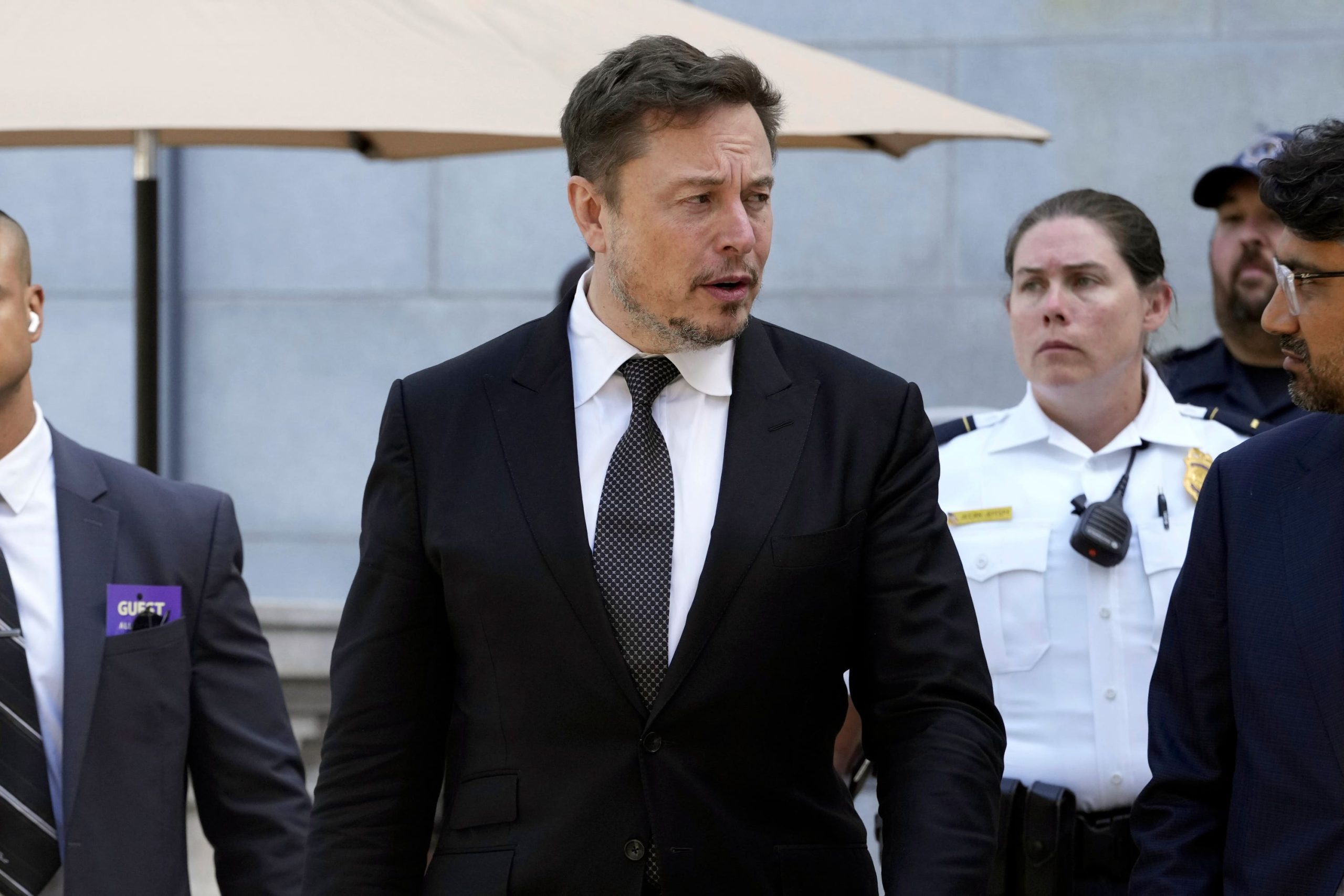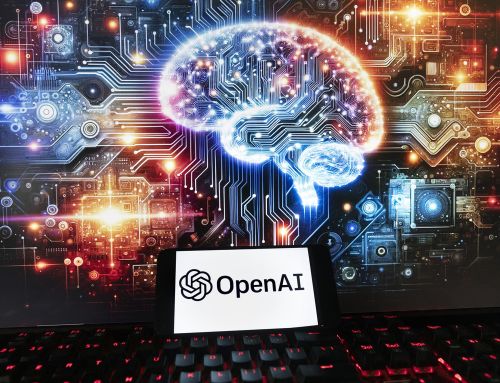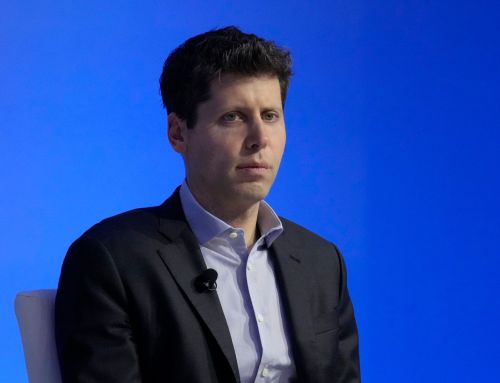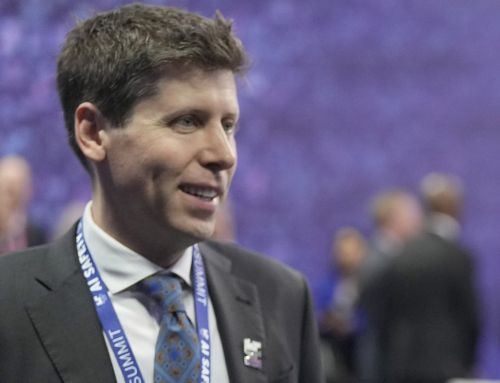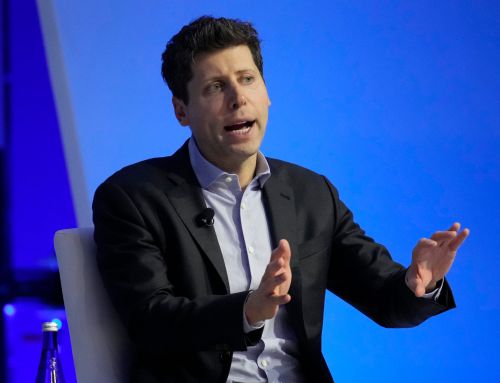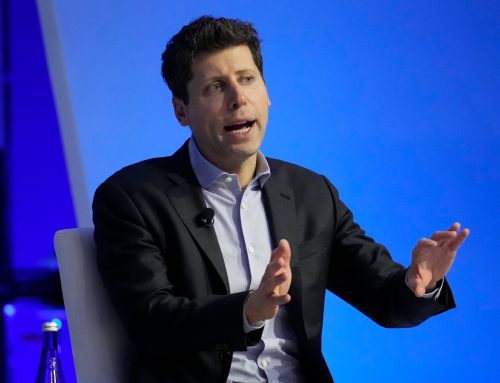US senators have heard from prominent technology executives and others in private on how to accomplish the potentially impossible task of passing bipartisan legislation within the next year that encourages the rapid development of artificial intelligence (AI) and mitigates its biggest risks.
The closed-door forum on Capitol Hill convened by Senate Majority Leader Chuck Schumer included almost two dozen tech executives, tech advocates, civil rights groups and labour leaders.
The guest list featured some of the industry’s biggest names: Meta’s Mark Zuckerberg and X and Tesla’s Elon Musk as well as former Microsoft chief executive Bill Gates.
All 100 senators were invited; the public was not.
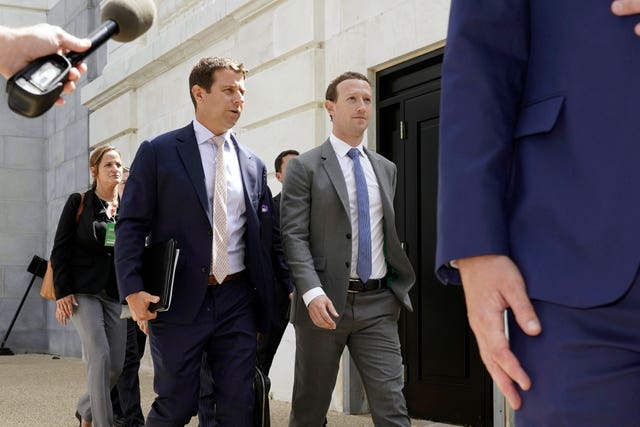
Mr Schumer (Democrat-New York) said more than 60 senators attended and that there was some broad consensus in building a foundation for bipartisan AI policy.
When he asked everyone in the room if government should have a role in regulating AI, “every single person raised their hands, even though they had diverse views”, he said.
Mr Schumer, who was leading the forum with Senator Mike Rounds (Republican-South Dakota), will not necessarily take the tech executives’ advice as he works with colleagues to try to ensure some oversight of the burgeoning sector.
But he is hoping they will give senators some realistic direction for meaningful regulation of the tech industry.
Tech leaders outlined their views, with each participant getting three minutes to speak on a topic of their choosing.
Mr Musk and former Google chief executive Eric Schmidt raised existential risks posed by AI, Mr Zuckerberg brought up the question of closed versus “open source” AI models and IBM chief executive Arvind Krishna expressed opposition to the licensing approach favoured by other companies, according to a person in attendance.
Mr Schumer said one of the issues discussed was whether there should be a new agency to regulate AI.
“It was a very civilised discussion among some of the smartest people in the world,” Mr Musk told reporters after leaving the meeting.
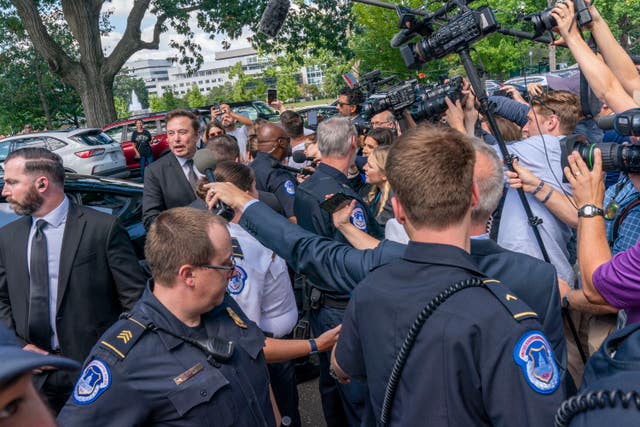
He said there is clearly some strong consensus.
Some senators were critical of the private meeting, arguing that tech executives should give evidence in public.
Senator Josh Hawley (Republican-Missouri) said he would not attend what he said was a “giant cocktail party for big tech”.
Mr Hawley has introduced legislation with Senator Richard Blumenthal (Democrat-Connecticut) to require tech companies to seek licences for high-risk AI systems.
“I don’t know why we would invite all the biggest monopolists in the world to come and give Congress tips on how to help them make more money and then close it to the public,” Mr Hawley said.
Congress has a lacklustre track record when it comes to regulating technology, and the industry has grown mostly unchecked by government in the past several decades.
Many legislators point to the failure to pass any legislation surrounding social media, such as for stricter privacy standards.
“We don’t want to do what we did with social media, which is let the techies figure it out, and we’ll fix it later,” Senate Intelligence Committee chairman Mark Warner (Democrat-Virginia) said about the AI push.
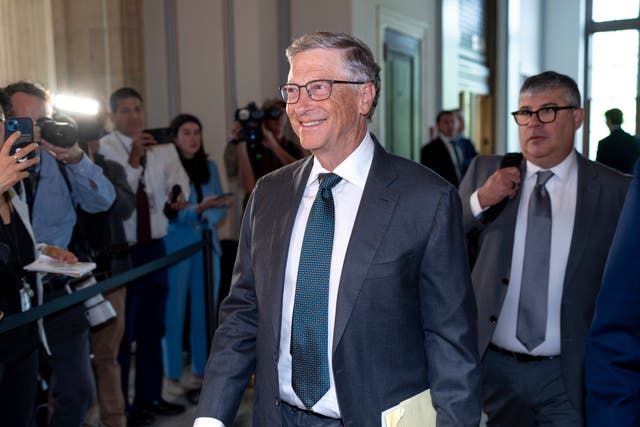
Mr Schumer said regulation of artificial intelligence will be “one of the most difficult issues we can ever take on”, and he listed some of the reasons why: it is technically complicated, it keeps changing and it “has such a wide, broad effect across the whole world”, he said.
But his bipartisan working group – Mr Rounds and senators Martin Heinrich (Democrat-New Mexico) and Todd Young (Republican-Indiana) – is hoping the rapid growth of artificial intelligence will create more urgency.
Mr Rounds said before the forum that Congress needs to get ahead of fast-moving AI by making sure it continues to develop “on the positive side” while also taking care of potential issues surrounding data transparency and privacy.
“AI is not going away, and it can do some really good things or it can be a real challenge,” Mr Rounds said.
Sparked by the release of ChatGPT less than a year ago, businesses across many sectors have been clamouring to apply new generative AI tools that can compose human-like passages of text, program computer code and create novel images, audio and video.
The hype over such tools has accelerated worries over its potential societal harms and prompted calls for more transparency in how the data behind the new products is collected and used.
Some concrete proposals have already been introduced, including legislation by Senator Amy Klobuchar (Democrat-Minnesota) that would require disclaimers for AI-generated election ads with deceptive imagery and sounds.
Mr Hawley and Mr Blumenthal’s broader approach would create a government oversight authority with the power to audit certain AI systems for harms before granting a licence.
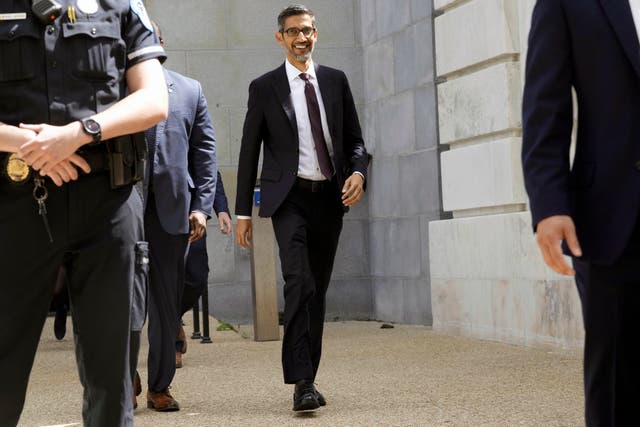
In the United States, major tech companies have expressed support for AI regulations, though they do not necessarily agree on what that means.
Microsoft has endorsed a licensing approach, for instance, while IBM prefers rules that govern the deployment of specific risky uses of AI rather than the technology itself.
“I think it’s important that government plays a role, both on the innovation side and building the right safeguards, and I thought it was a productive discussion,” Google chief executive Sundar Pichai said after leaving the forum.
Many members of Congress agree that legislation is needed, but there is little consensus.
“I am involved in this process in large measure to ensure that we act, but we don’t act more boldly or over-broadly than the circumstances require,” Mr Young said.
“We should be sceptical of government, which is why I think it’s important that you got Republicans at the table.”
Some of those invited to Capitol Hill, including Mr Musk and Sam Altman, chief executive of ChatGPT maker OpenAI, have signalled more dire concerns evoking popular science fiction about the possibility of humanity losing control to advanced AI systems if the right safeguards are not in place.
But for many legislators and the people they represent, AI’s effects on employment and navigating a flood of AI-generated misinformation are more immediate worries.
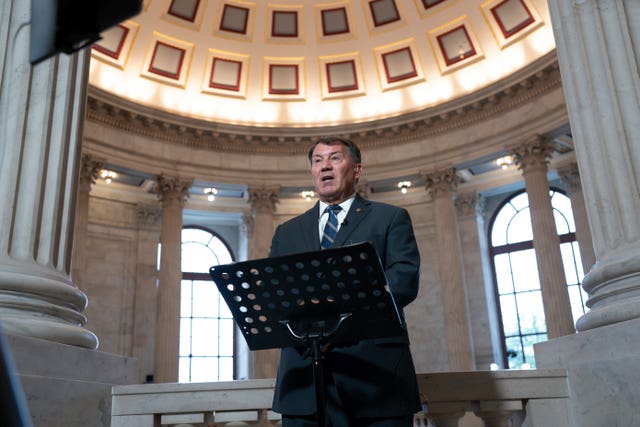
Mr Rounds said he would like to see the empowerment of new medical technologies that could save lives and allow medical professionals to access more data.
That topic is “very personal to me”, Mr Rounds said, after his wife died of cancer two years ago.
Some Republicans have been wary of following the path of the European Union, which signed off in June on the world’s first set of comprehensive rules for artificial intelligence.
The EU’s AI Act will govern any product or service that uses an AI system and classify them according to four levels of risk, from minimal to unacceptable.
A group of European corporations has called on EU leaders to rethink the rules, arguing that it could make it harder for companies in the 27-nation bloc to compete with rivals overseas in the use of generative AI.
